Notable People: Influential Figures and their Contributions and Works (inc. Politicians, Scholars, Writers, Artists, etc.)
1/6
There's no tags or description
Looks like no tags are added yet.
Name | Mastery | Learn | Test | Matching | Spaced |
|---|
No study sessions yet.
7 Terms
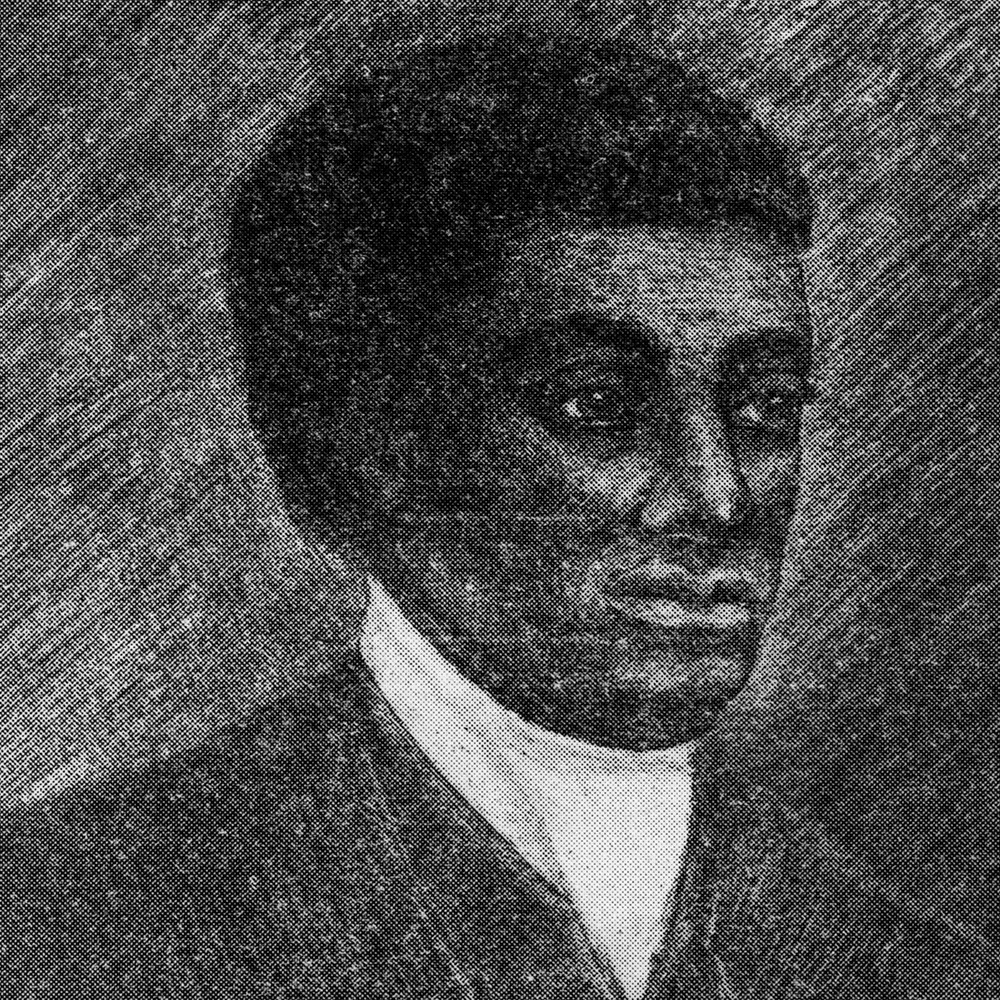
1731 - 1806 - Benjamin Banneker (All Notes)
He was a farm-owner and polymath (mathematics, astronomy, entomology, etc.)
Best known for his series of almanacs published in the 1790s
These handbooks included his astronomical calculations, medical and tidal information, opinion pieces, literature, and more
He built his own clock after receiving a watch from an acquaintance, having deconstructed the watch to examine its components and how they worked, making drawings of them, and carving larger versions of those drawings out of wood clock
His clock remained accurate for more than 50 years
He was often asked for assistance in repairing watches, clocks, and sundials
He helped survey territory for the construction of Washington DC
He published information on bees and calculated the cycle of the 17-year locust
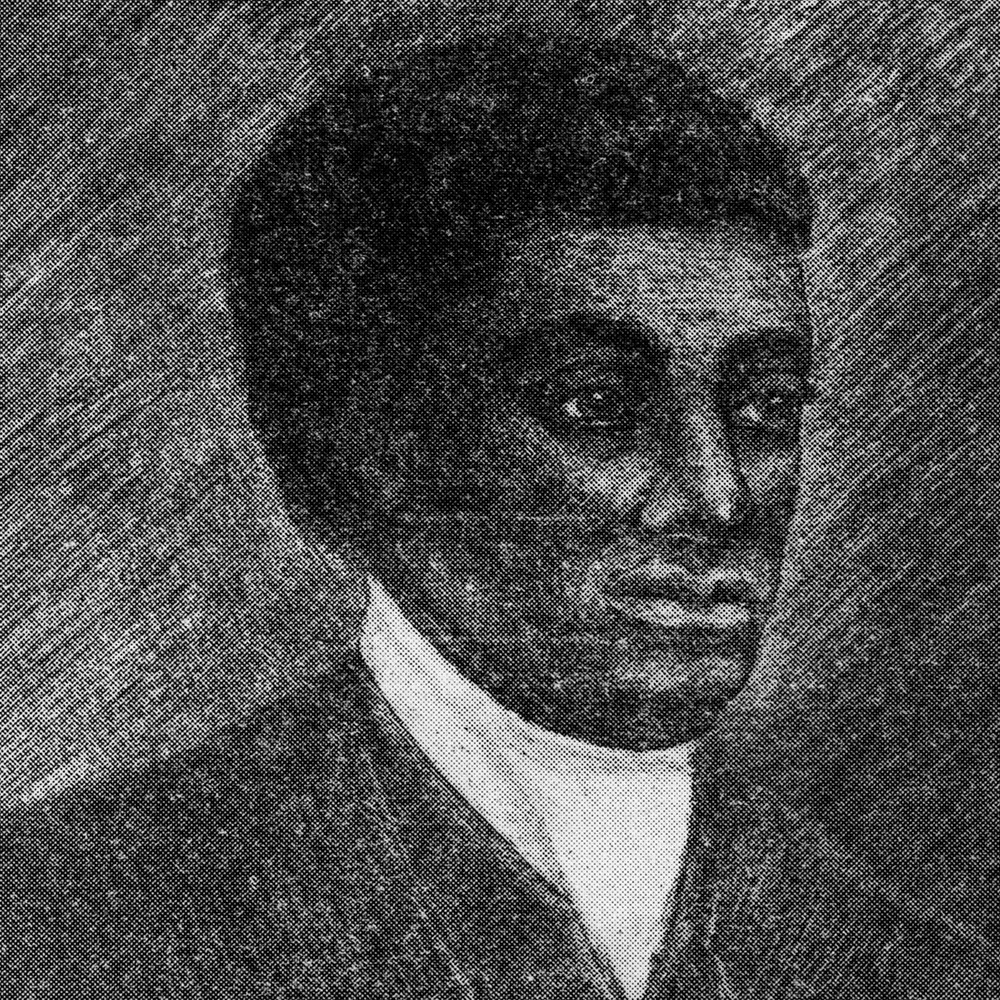
1731 - 1806 - Benjamin Banneker: Letter to Thomas Jefferson (All Notes)
Letter in which he
Uses a respectful but firm tone to remind Jefferson of his own stated principles (equality, natural rights)
Exposes the contradiction of those principles with the existence of slavery
Appeals to Jefferson’s sense of justice, shared humanity, and intellectual consistency to act for the relief of enslaved African Americans
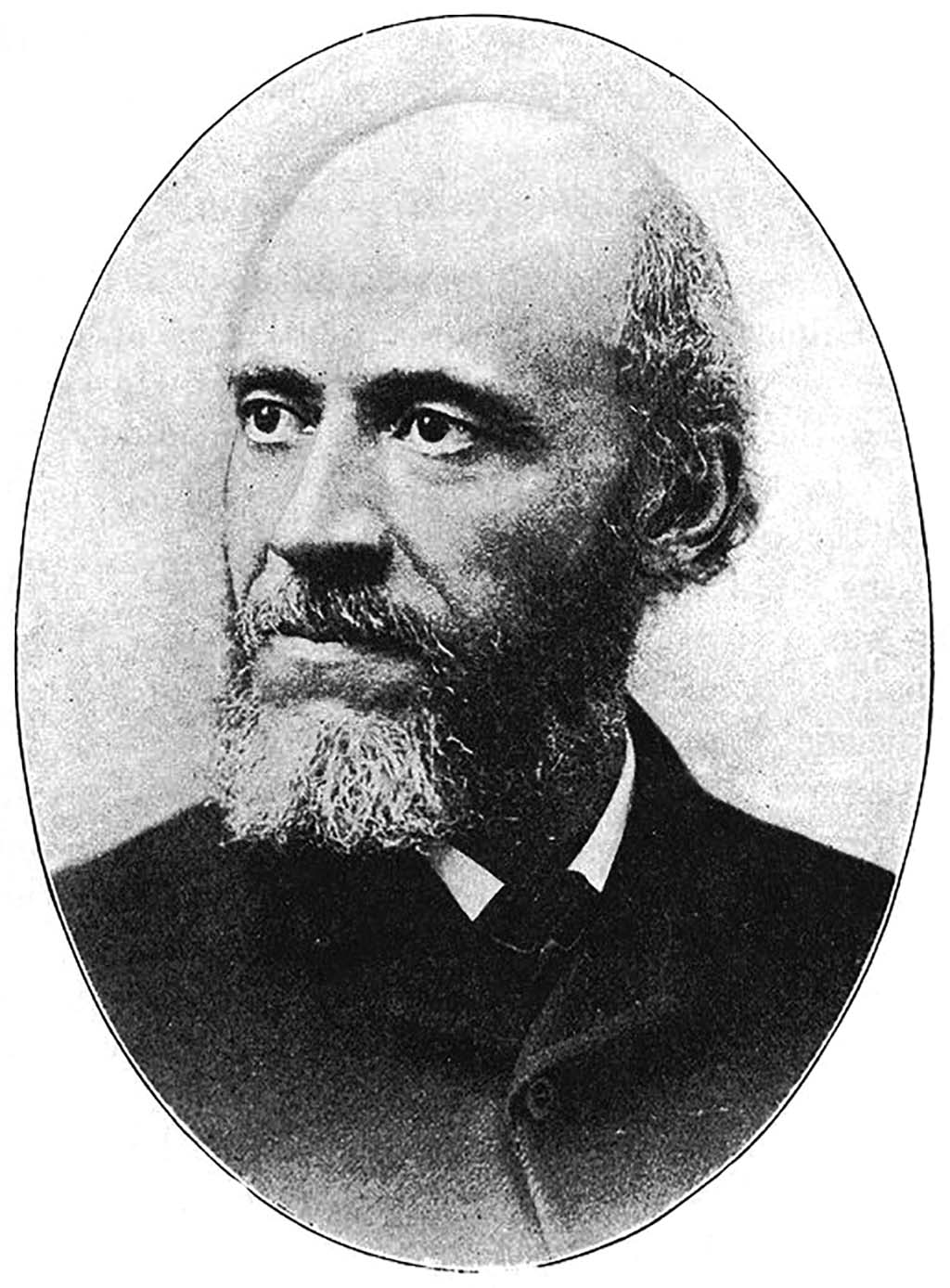
1829 - 1925 - Peter H. Clark (All Notes)
Effective Black Abolitionist and Orator
One of only a few 19th Century African-American Socialists
In 1866, he founded and became the principal of Ohio's first public high school for Black students
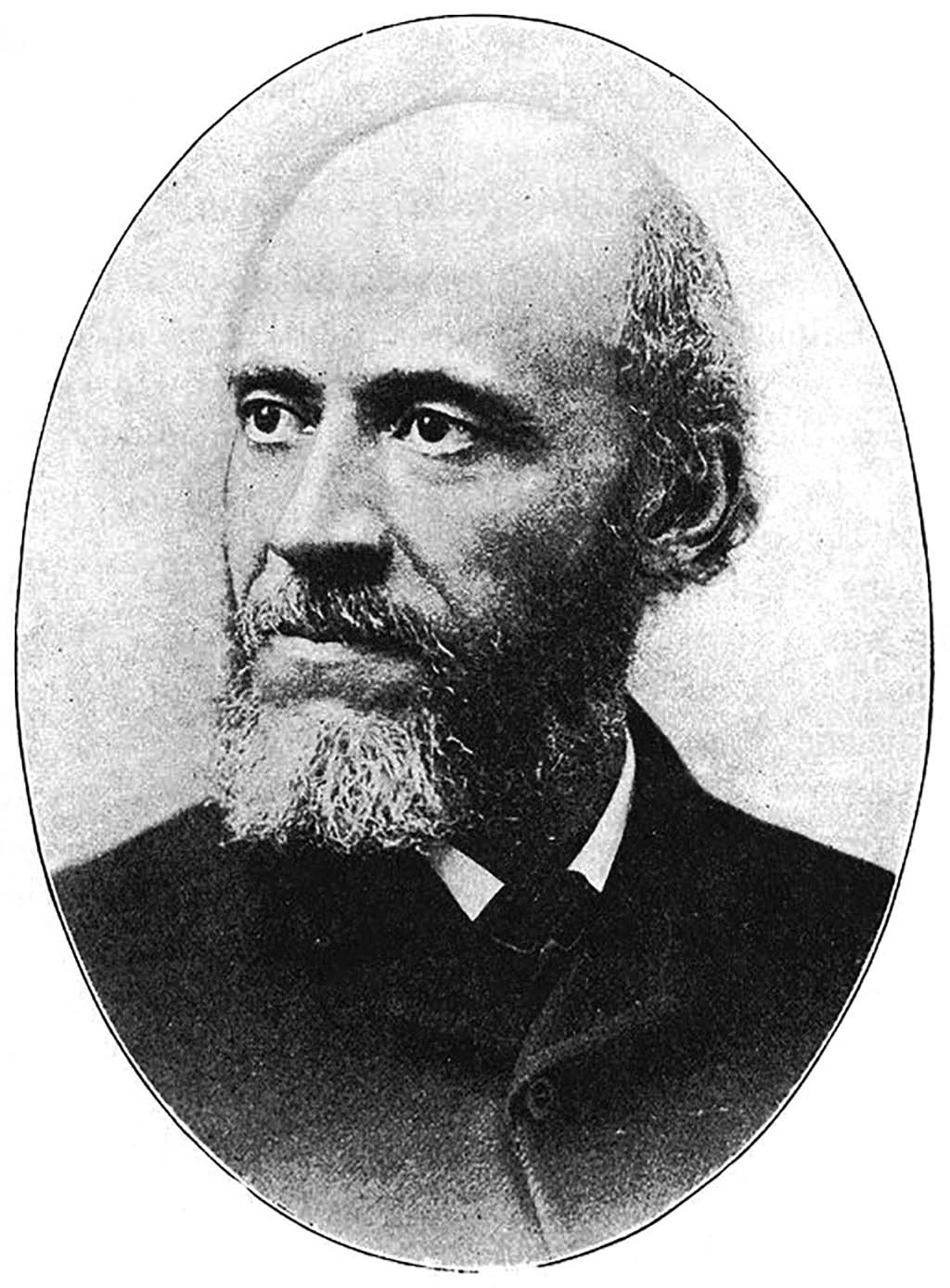
1829 - 1925 - Peter H. Clark: “Socialism: The Remedy for the Evils of Society“ (All Notes)
Speech outlined the namesake’s views and his belief that the Great Railroad Strike of 1877 was part of a broader class struggle that would lead to the fundamental transformation of the American economic system towards Socialism
Speech in which he
Expresses sympathy for the railroad workers in the strike
Condemns corporate greed and Hayes’s willingness to use military force against the workers
Speech where he argues that
Soon after his time, all the railroads will be nationalized, owned by the government
The government, through doing this, will serve the interests of the people rather than the railroad corporations
Capitalism is unsustainable because of its boom and bust cycles, in which the bust cycles become more frequent, more violent, and produce more distress each time they occur
Just because one man can escape poverty doesn’t mean everyone else can; and that when one man does escape, thousands perish; says that it is foolish to point out that poverty is favorable because there is a capacity for one among thousands to escape from it
In other words, pointing to rare “self-made men ignores the vast majority who cannot escape deprivation
Democracy cannot survive when most people are poor and uneducated
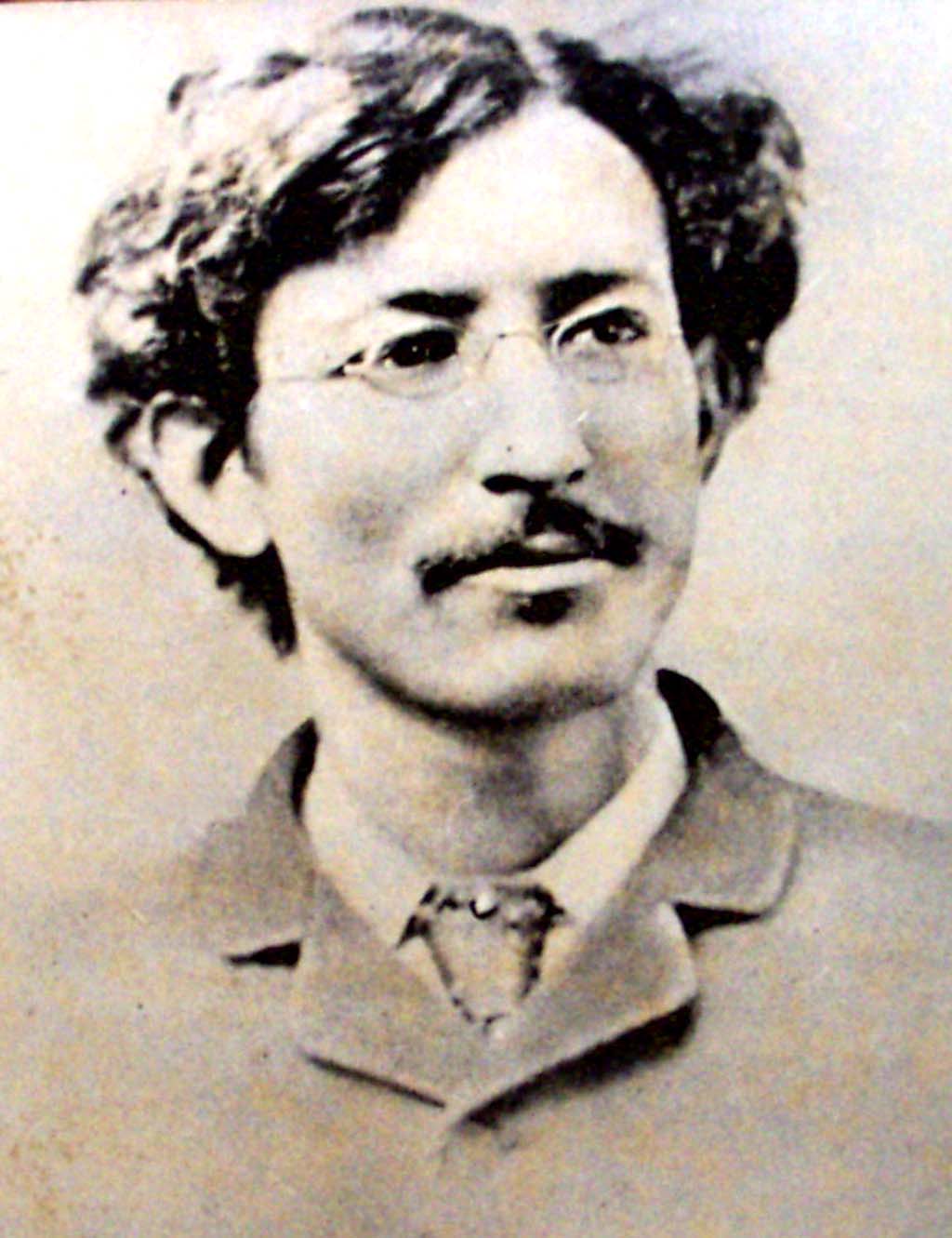
1856 - 1928 - Timothy Thomas Fortune (All Notes)
He was the leading economist in the Black community during his time
He was the highly influential editor and owner of the nation's leading Black newspaper during his time, The New York Age
He was a long-time adviser and friend to Booker T. Washington
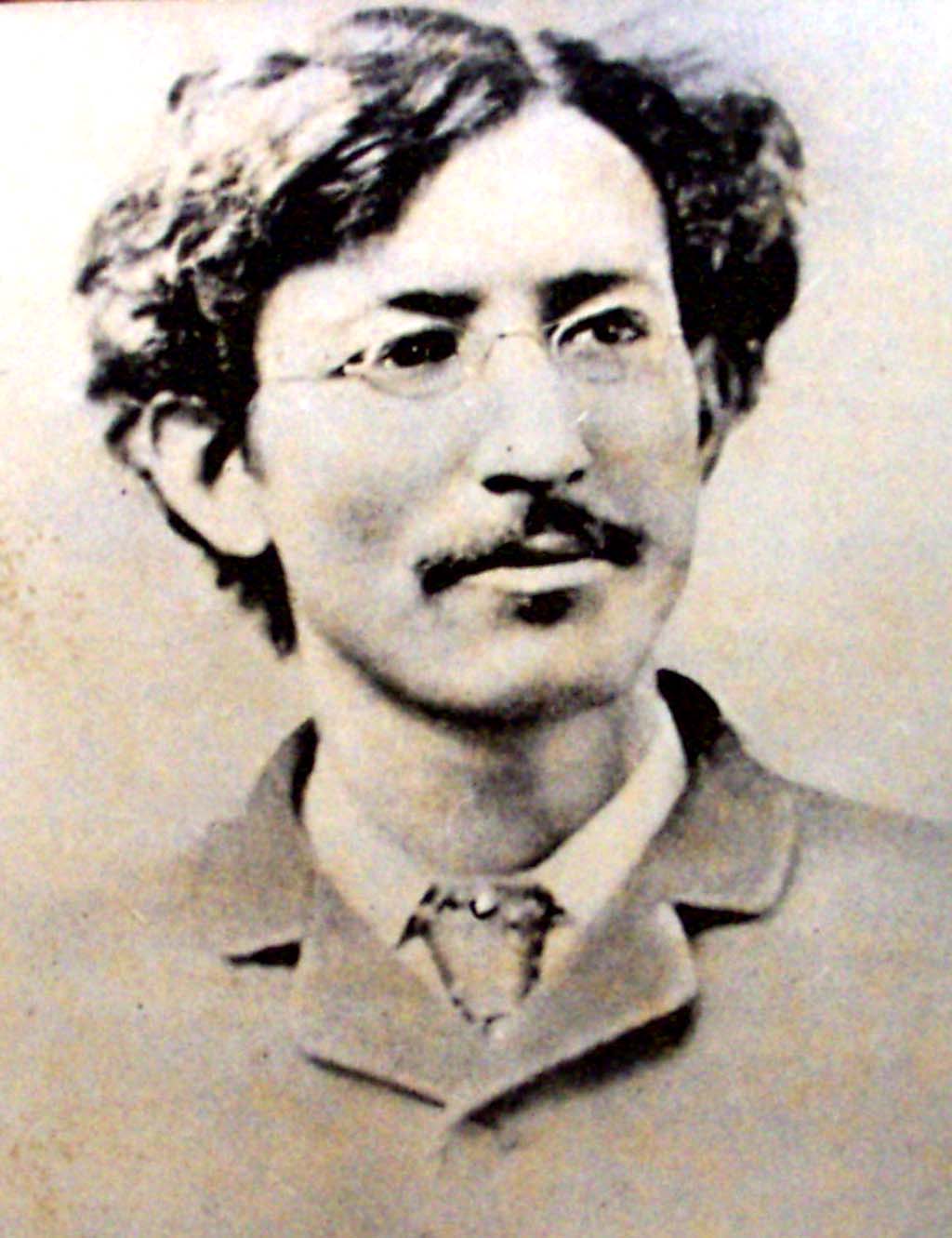
1856 - 1928 - Timothy Thomas Fortune: “The Present Relations of Labor and Capital” (All Notes)
Speech given days before “May Day 1886” - a national strike for the 8-hour work day, for which he strongly advocated
Speech where he calls for solidarity amongst workers
Speech where he argues that
Every person is entitled to life’s basic necessities because it is a self-evident right rather than privilege by virtue of persons being human beings
Capitalist monopolies and unrestrained property rights undermine democracy and the broader welfare of society
Growing inequality between laborers and capitalists is the greatest threat to democracy and social stability in the US
Speech with notable quotes including
“Labor has been and is the producing agency, while capital has been as is the absorbing or parasitical agency”
“Capital is entrenched behind ten centuries of law and conservatism, and controlled withal by the wisest and coolest heads of the world”
“The social and material differences” between men “are the creations of man, not of God”